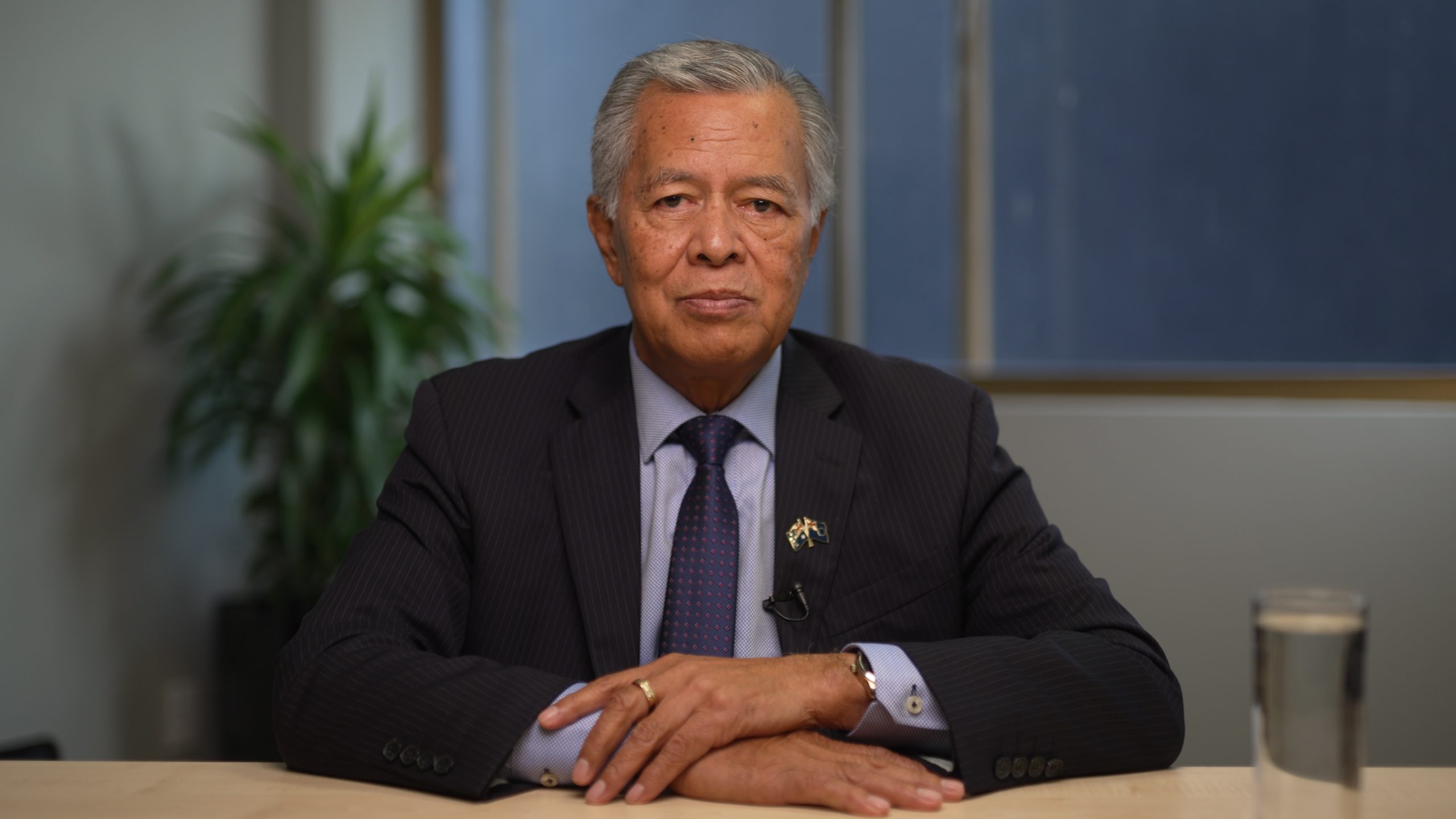Will the leadership tussle within the Pacific Islands Forum be resolved using the Pacific Way?
Dr Henry Ivarature looks back to a previous era to see if it offers lessons on the current impasse.
Reports indicating Pacific Islands Forum (PIF) Secretary General Henry Puna will step down to prevent Micronesian nations from withdrawing from the Forum have raised hopes that a damaging regional split may be averted.
There has been no official confirmation yet from the Forum or SG Puna and the fight over the Secretary-General post at the PIF is not yet over according to the Cook Islands. The Micronesians have put a pause on their threat to exit from this regional group until June, unless SG Puna, a former Prime Minister of Cook Islands, resigns, amongst other demands. This is all for the sake of regional harmony and Pacific solidarity, but it risks setting a poor precedent over regional leadership competition if decisions are made due to either threats from one group or because a gentlemen’s agreement has not been honoured. If we look to the past, we might find there are other possible paths forward.
The basic premise underlining the Pacific Way is consensus. Decisions reflect the “collective” best interest, rather than any individual’s best interest. This has traditionally been at the heart of Pacific culture and leadership decision making.
Fifty-one years ago, a similar tussle over leadership of the South Pacific Commission (now the Secretariat of the Pacific Community – SPC) provides one lesson in how regional harmony and Pacific solidarity can be factored in when an appointment causes controversy. It involved the noble decision of young Oala Oala Rarua from Papua New Guinea, who graciously stood aside to let an elder Pacific leader, Samoan Fred Betham, head the SPC.
In 1971 when the post of SPC Secretary-General became vacant following the death of incumbent Samoan Afioga Afoafouvale Misimoa, two Pacific Islands candidates were, for the first time, nominated for the post. One was Rarua from pre-independent PNG. He was Assistant Ministerial Member for Treasury, and Australia’s nominated candidate. The other was Fred Betham, a Minister of Finance in Western Samoa. When the then eight member SPC voted, it resulted in a deadlock. At that time, Australia had five votes, France, New Zealand and the United States had three: Nauru, Western Samoa and Fiji had one vote each. The Pacific Islands Monthly of July 1971 observed that there were ‘mutterings’ from Pacific Island states about Australia’s votes, and for it to withdraw its candidate. The deadlock remained and the SPC continued its work without a Secretary-General until October 1971 when Rarua announced his withdrawal for the post.
In his closing address as Chairman of the Eleventh South Pacific Conference, Rarua said:
“To me it does not matter when one or ten put their names forward so long as the final choice is a true representation of the wishes of all the Pacific peoples”.
He said that throughout the conference he was troubled by the deadlock and had agonised over what was best for the SPC. He arrived at his decision after consulting the PNG delegation and the Government of Australia. Two reasons underpinned his decision.
One was to prevent “ill-feeling” among the SPC. Having high regard for the SPC meetings as a gathering of Pacific Islanders, he said: “To me the South Pacific Commission and what it stands for is bigger and more important than the views or feelings of any one man or groups of men in any one territory or group of territories.”
The other reason was to ensure the head of the SPC had the full support of all its members. He said: “… whoever is the Secretary-General should have the whole-hearted support of every single territory. The voting is in a deadlock and, in order to retain the well-established friendship which, we have laboured for in the past … I have decided to break that deadlock”.
He paid tribute to the late Secretary-General for building harmony in the region, saying, “as a gesture by a young man to wiser and greyer hairs, I stand aside from the selection for the Secretary-General’s position” and as a “favour to the late Afioga’’ who he described as a “great Pacific Islander”.
While the younger Rarua stepped aside for an elder, the current situation is somewhat different given the elder Henry Puna is under pressure to step aside for a younger candidate, former Marshall Islands diplomat Gerald Zackios. Rarua stood up for the collective interest by standing down after consulting his delegation.
Some are concerned that Micronesian ‘threats’ to leave the Forum do not reflect the Pacific Way, but their steadfast pursuit of the ‘gentleman’s agreement’ for rotational leadership by the three sub-regions in turn is legitimate. Perhaps that unwritten agreement needs to be formalised, even if it dilutes consensus decision-making, and may be necessary to avoid future leadership splits and disputes.
It’s also worth reflecting on words from a seminal Pacific thinker and father of the ‘Blue Pacific’ concept. Epeli Hau’ofa, in his 2008 book We are the Ocean, said:
“As a region, we are floundering because we have forgotten, or spurned, the study and contemplation of our pasts, even our recent histories, as irrelevant for the understanding and conduct of our contemporary affairs. We have floundered also because we have considered regionalism mainly from the points of view of individual national interests, rather than the interest of a wider collectivity”.
The “interest of the wider collectivity” was at the heart of Rarua’s decision with the support of his national and regional colleagues to withdraw his nomination to resolve a leadership crisis in 1971. It is sad to see that such higher aspirations and respect for the interest of the whole have not yet emerged when it should underpin the resolution of the ongoing Pacific Islands Forum leadership dispute.

